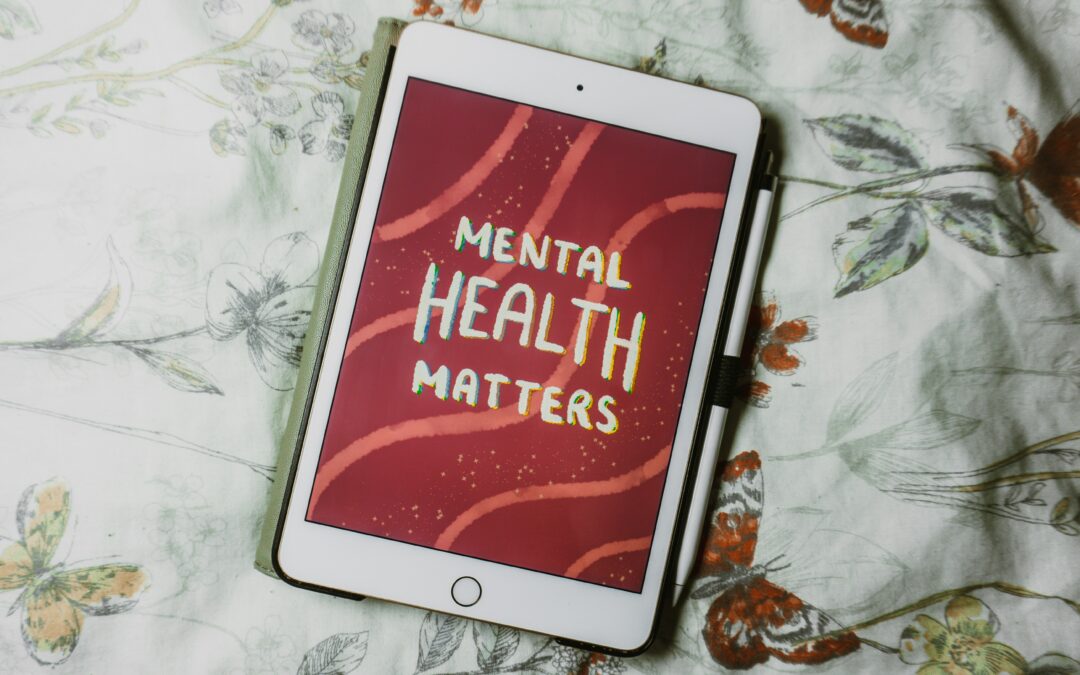Mental health has finally started to receive the attention it deserves in recent years. Despite this progress however, many mental health myths and stigmas continue to surround the subject. These misconceptions contribute to a culture of silence, misunderstanding and discrimination, making it difficult for those who need help to seek it. I’ve taken some of the most prevalent mental health and myths tried to address them with a more factual approach.
Mental health Myths 1: Mental Health Issues Are Rare
Fact: Mental health issues are far more common than most people realise. According to the World Health Organisation (WHO), one in four people will experience a mental health condition at some point in their lives. This statistic highlights the prevalence of mental health issues across the globe, regardless of age, gender, or socioeconomic status. Mental health is not something that affects only a small, isolated group—it touches the lives of millions of people worldwide.
mental health Myths 2: Mental Health Problems Are a Sign of Weakness
Fact: Mental health conditions are not a sign of weakness, lack of character or poor upbringing. Mental health issues are legitimate medical conditions that often result from a complex mix of genetic, biological, environmental, and psychological factors. Just as no one would consider someone with diabetes or heart disease to be weak, we must apply the same understanding to those struggling with mental health issues.
mental health Myths 3: People with Mental Health Issues Are Violent and Unpredictable
Fact: This is one of the most damaging mental health myths, creating perceptions of fear and often leading to social exclusion. The reality is that most people with mental health conditions are not not like this at all. In fact, they are more likely to be victims of violence than perpetrators. The misconception that mental illness equates to dangerousness is often fuelled by sensationalist media stories and misrepresentation which do not reflect the experiences of the vast majority of those living with mental health challenges.
mental health Myths 4: Mental Health Problems Will Go Away on Their Own
Fact: Like any other health condition, mental health issues often require treatment. While some mild cases may improve over time, many people benefit from professional support, including therapy, medication, or a combination of both. Ignoring mental health issues can lead to worsening symptoms, early intervention is crucial and can make a significant difference in recovery outcomes.
mental health Myths 5: Only Adults Experience Mental Health Problems
Fact: Mental health issues can affect individuals of any age, including children and adolescents. In fact, half of all mental health conditions begin by age 14, and three-quarters by age 24. It’s essential to recognise and address mental health issues in young people early to prevent them from developing into more severe problems later in life. Dismissing a child’s or teenager’s mental health concerns as “just a phase” can be harmful and delay necessary care.
Mental health Myths 6: Therapy and Counselling Are a Waste of Time
Fact: Psychotherapy, counselling, and other forms of mental health treatment are evidence-based practices that have been proven to be effective in helping people manage and overcome mental health challenges. Different therapeutic approaches, such as cognitive-behavioural therapy (CBT) offer various strategies to address the unique needs of individuals. Many people have found significant relief and improvement in their quality of life through these treatments.
mental health Myths 7: People with Mental Health Conditions Can’t Work or Be Productive
Fact: With the appropriate support and treatment, individuals with mental health conditions can lead full, productive lives. Many people with mental health challenges are successfully employed in various fields, contributing to society just as anyone else would. What they need is not exclusion but inclusion, understanding, and accommodations that help them thrive. Employers who promote mental health awareness and provide supportive work environments can help reduce stigma and foster productivity.
mental health Myths 8: Talking About Mental Health Makes Things Worse
Fact: Open conversations about mental health are crucial in breaking down stigma and encouraging those who need help to seek it. Talking about mental health does not make problems worse; rather, it creates an opportunity for individuals to share their experiences, feel understood, and access the necessary resources. Silence and stigma only perpetuate suffering. Encouraging open dialogue helps create a supportive environment where people feel safe to seek help without fear of judgment.
In conclusion, breaking the stigma surrounding mental health starts with educating ourselves and others. By replacing myths with facts, we can contribute to a culture of empathy, support, and understanding. Mental health is an integral part of our overall well-being, and it’s time we treat it with the seriousness and respect it deserves. If we challenge these misconceptions together, we can make a significant difference in the lives of those affected by mental health issues.
You can take advantage of my free 15 minute consultation to see if I can help with dealing with these myths or any others that you may be aware of. For anyone looking to begin their therapy journey, it could be the start of something that is exactly what you’re looking for or at least help to change their opinion. If you would like to get in touch and find out more about my services, you can talk to me for details.
About The Author
An experienced therapist, Jille Tringham is the owner of Meditate Place and has years of personal and industry expertise. Her unique therapeutic approach can offer long term release and the ability to cope with emotional issues that cause daily setbacks and uncertainty in your life. Jille Tringham has a number of years experience in human behaviour both in a commercial setting and as a therapist. She provides therapies from her Birmingham base to release you from your day to day challenges, as well as Life Coaching and Career Mentoring because she understands the physical and emotional strains that spill into all areas of life.




